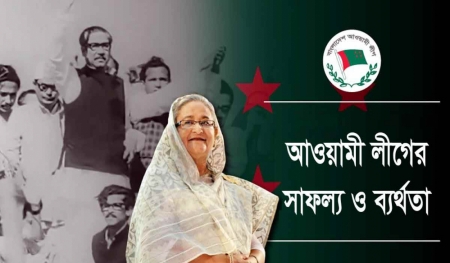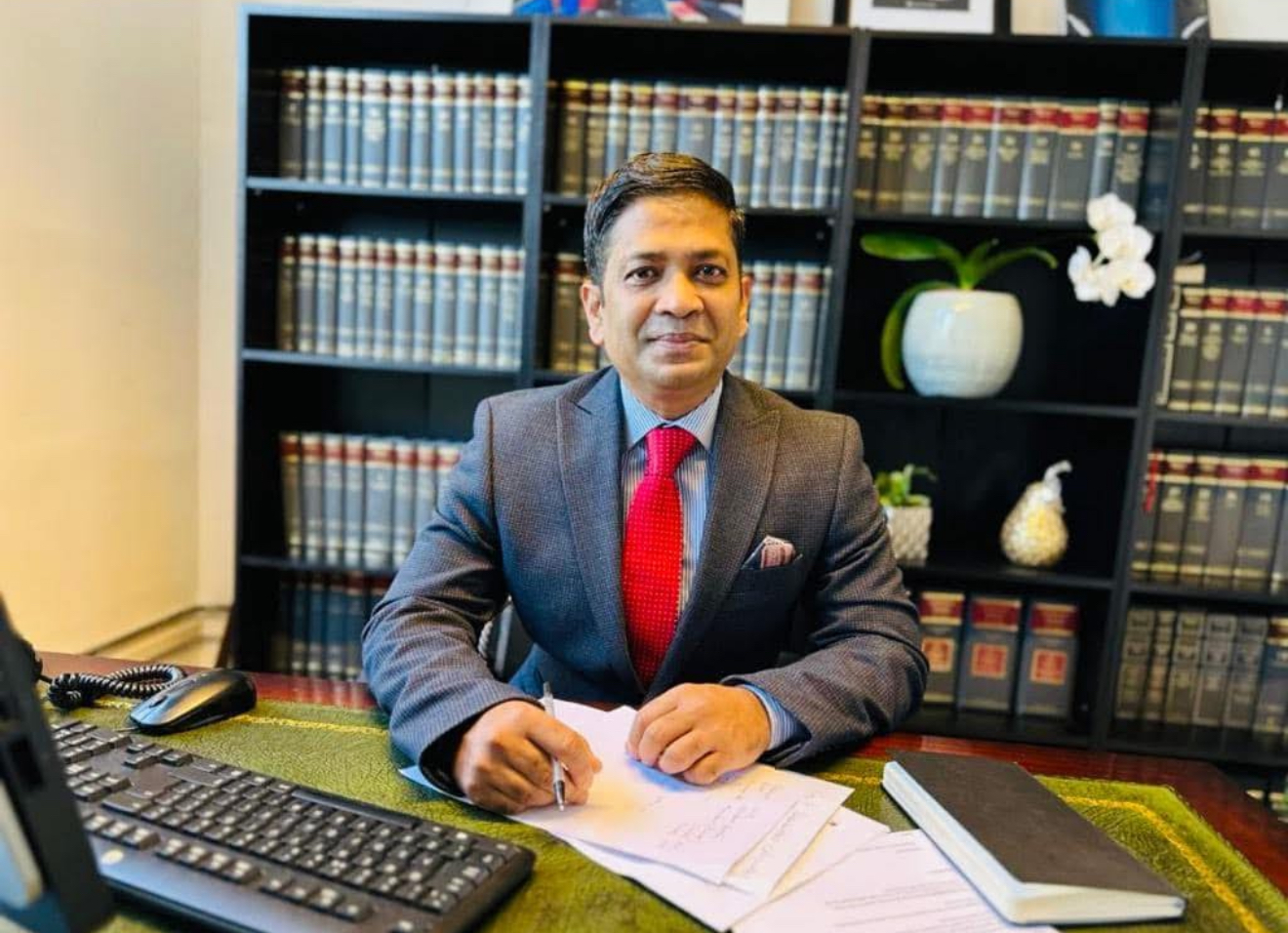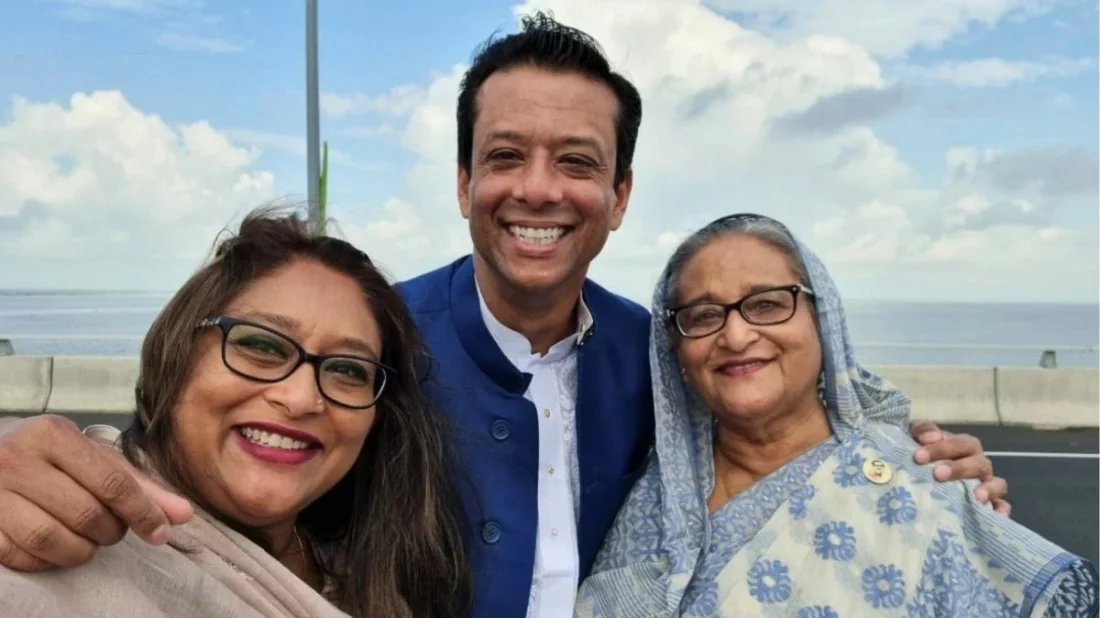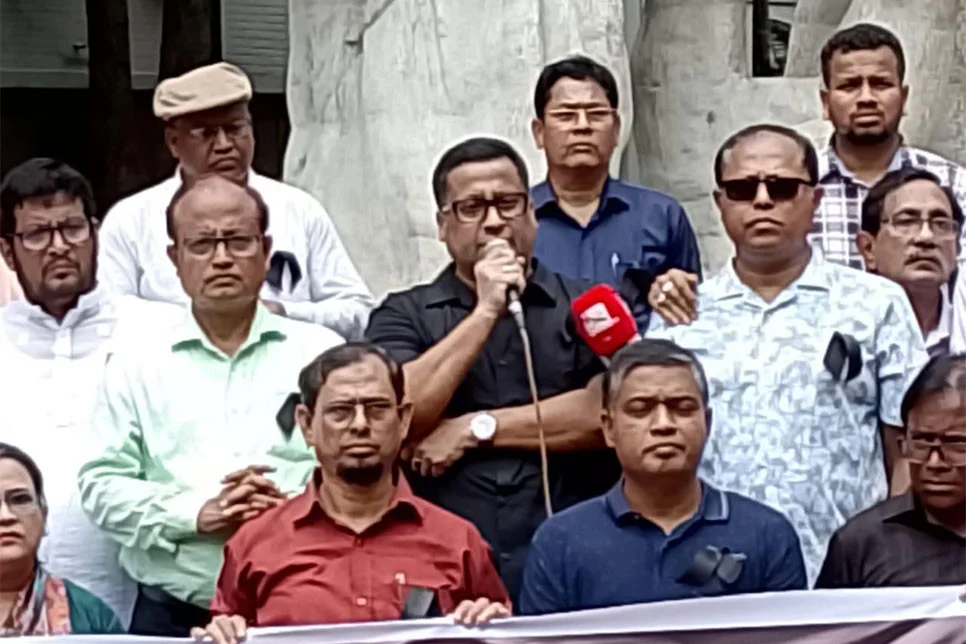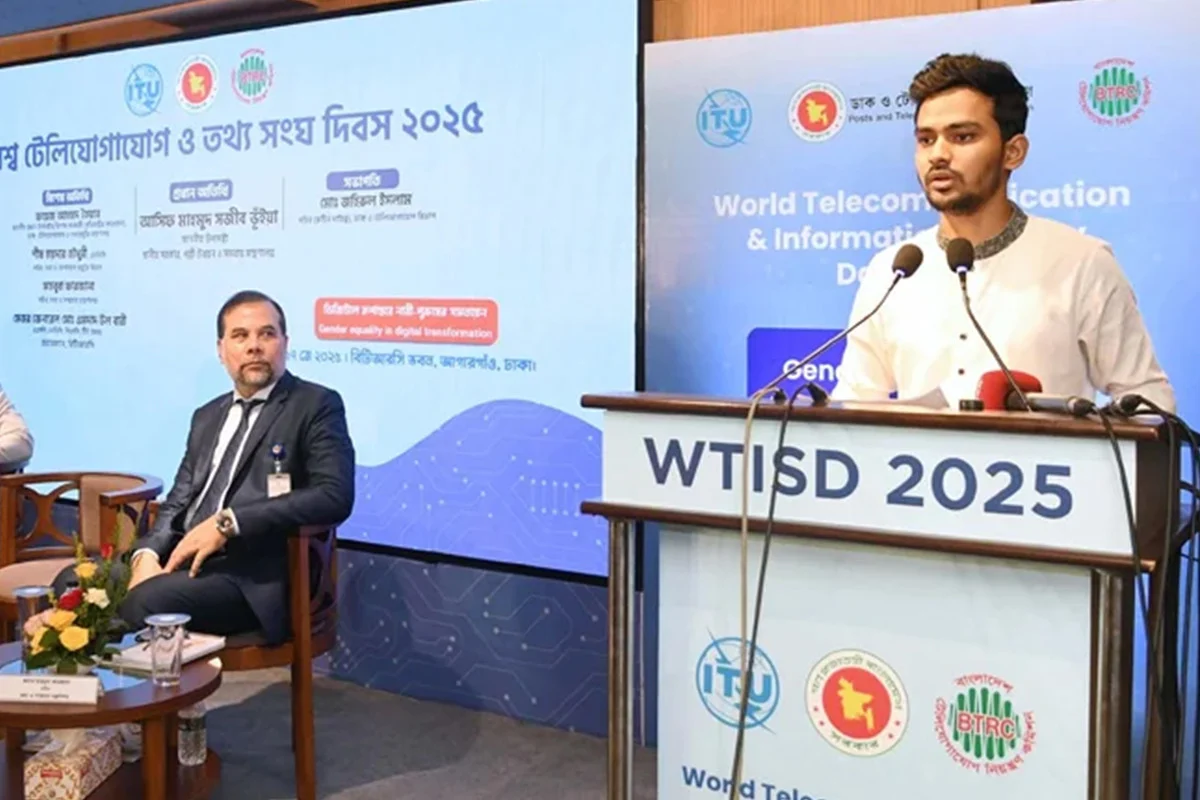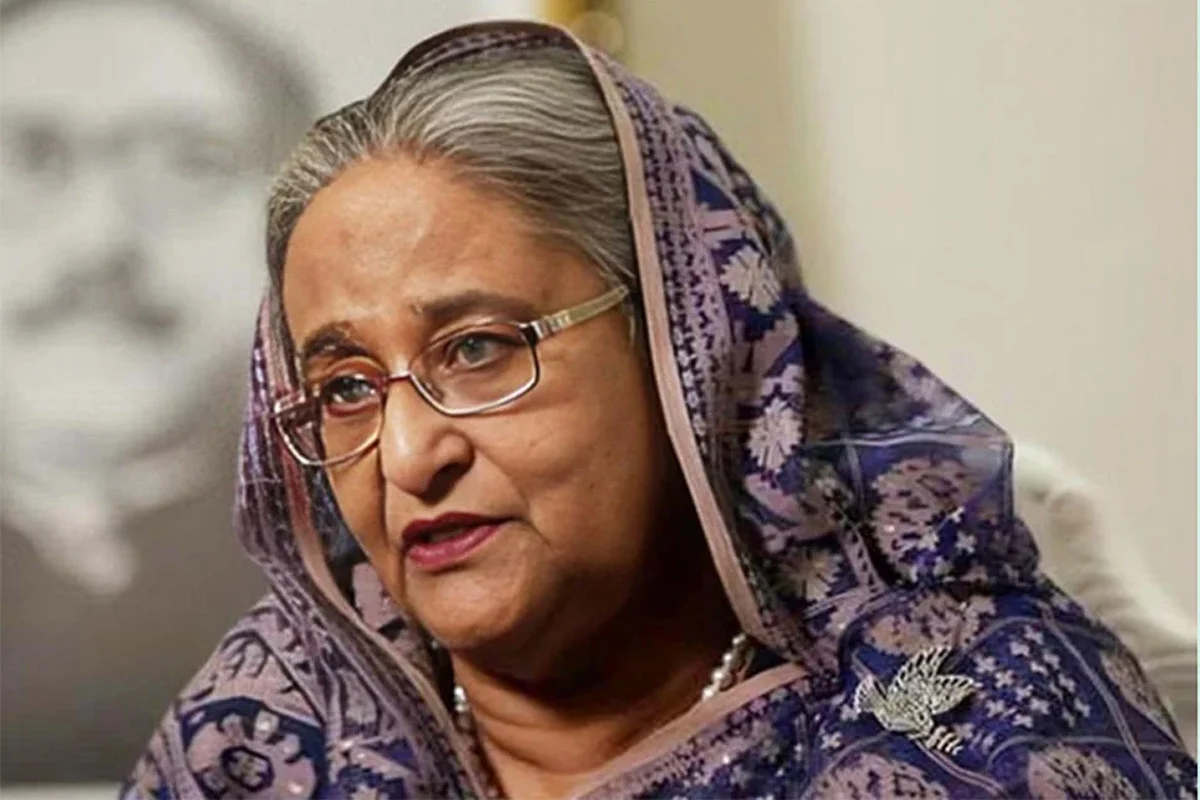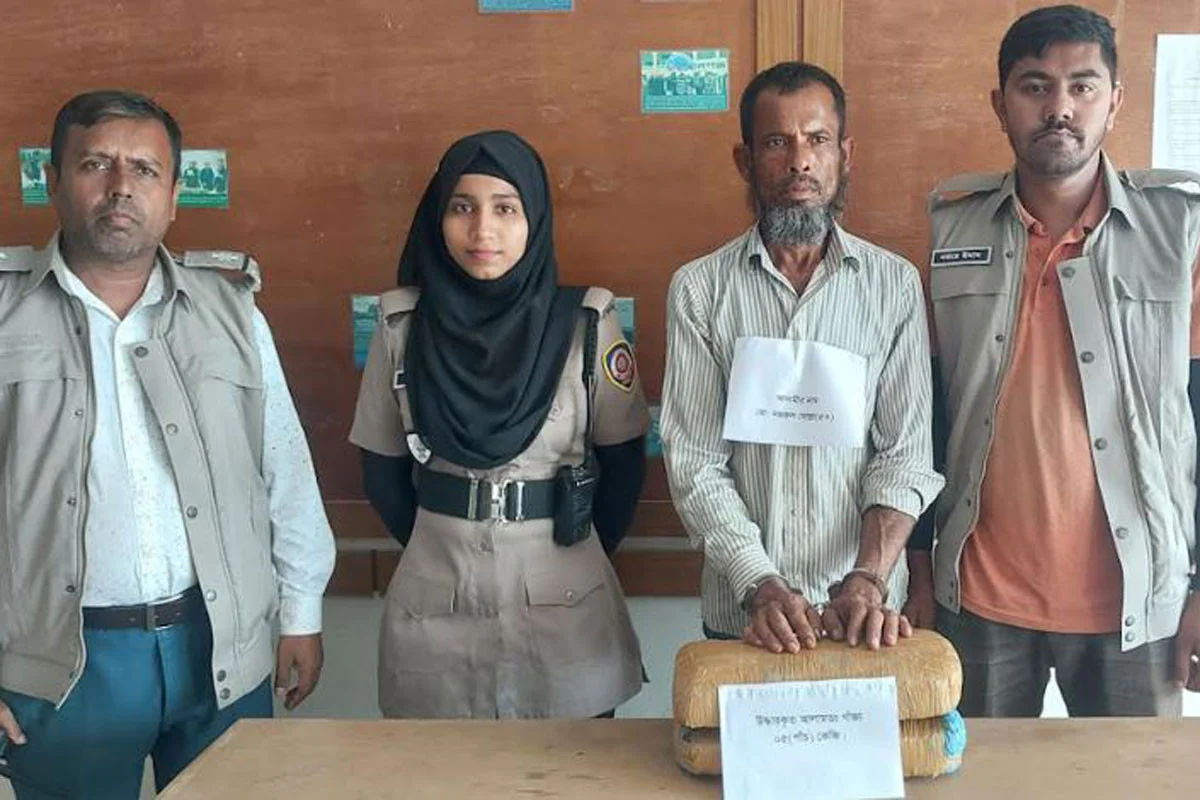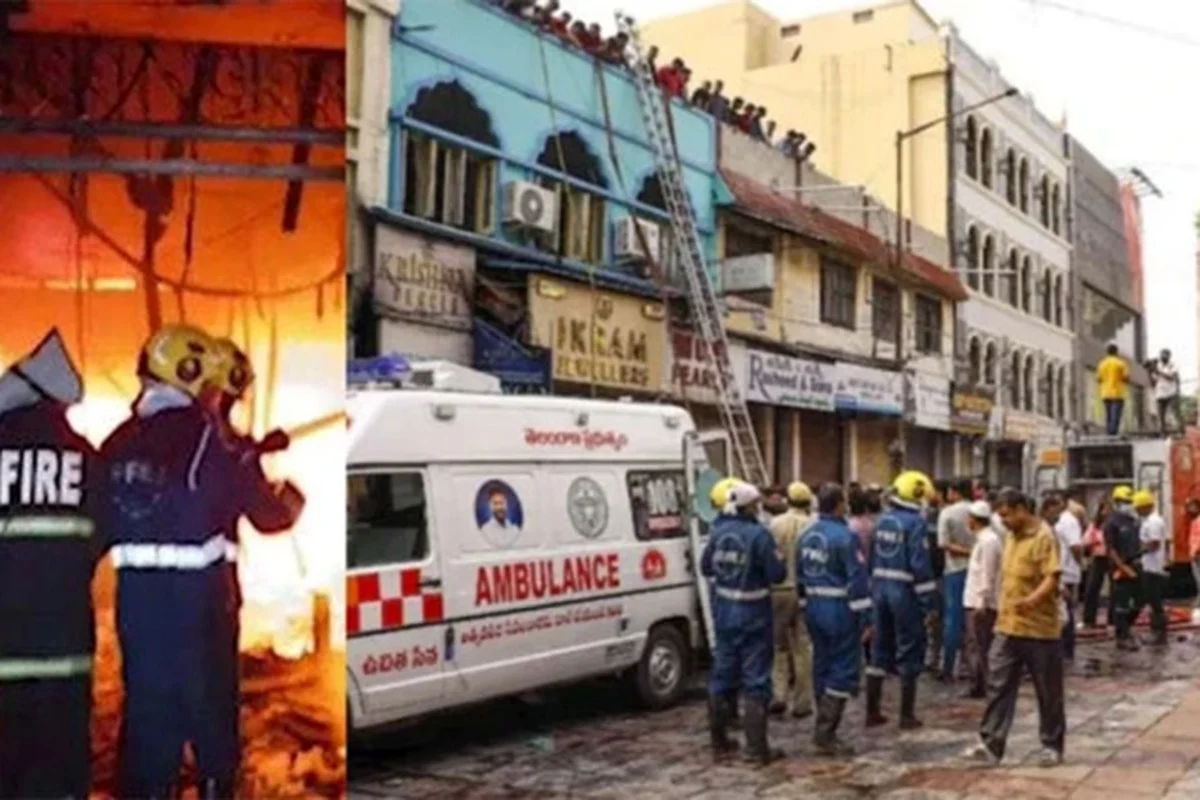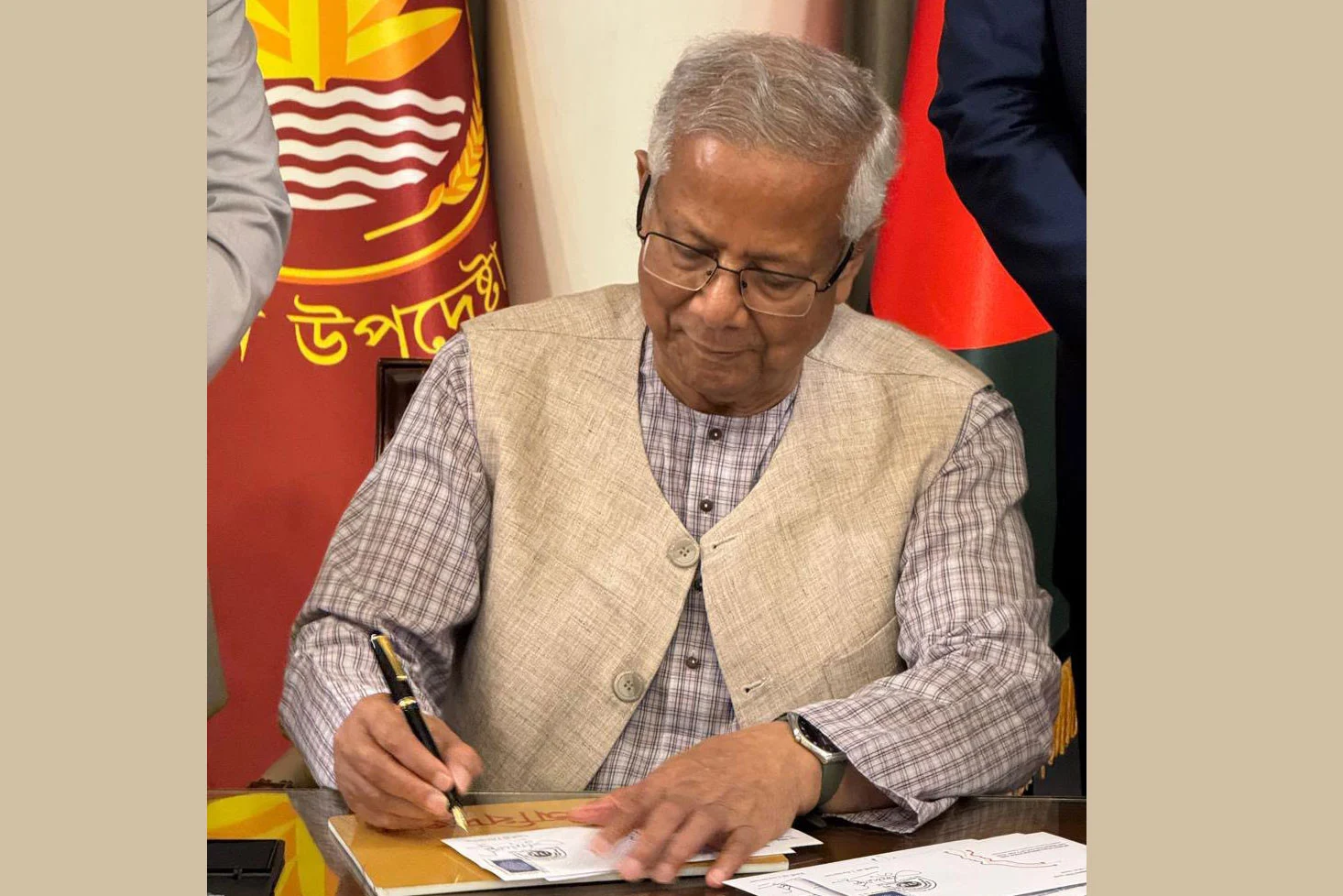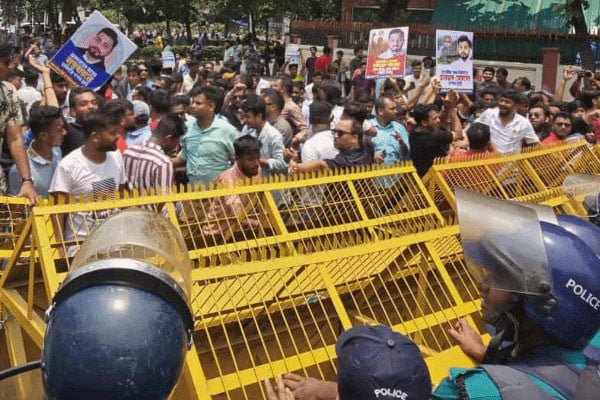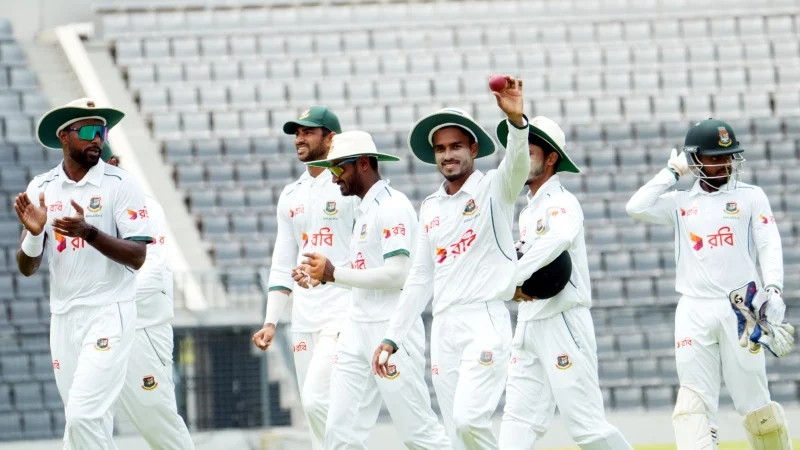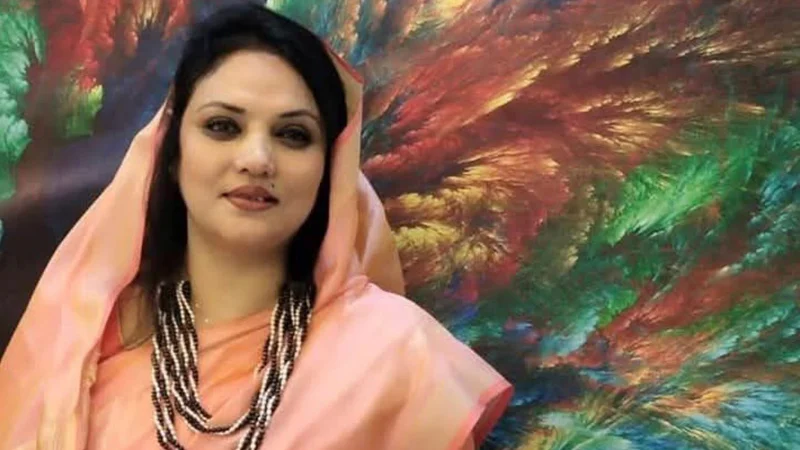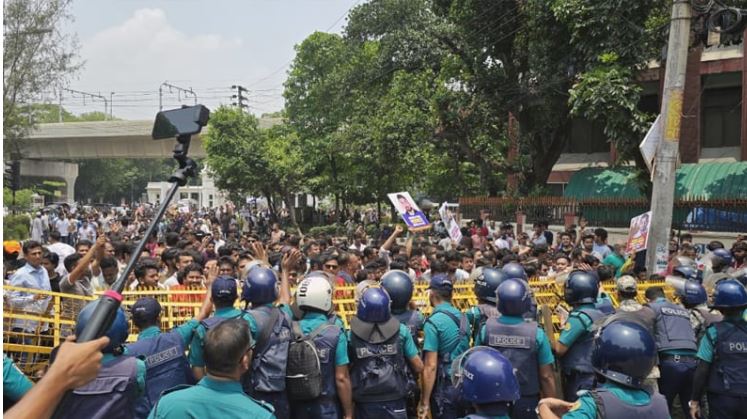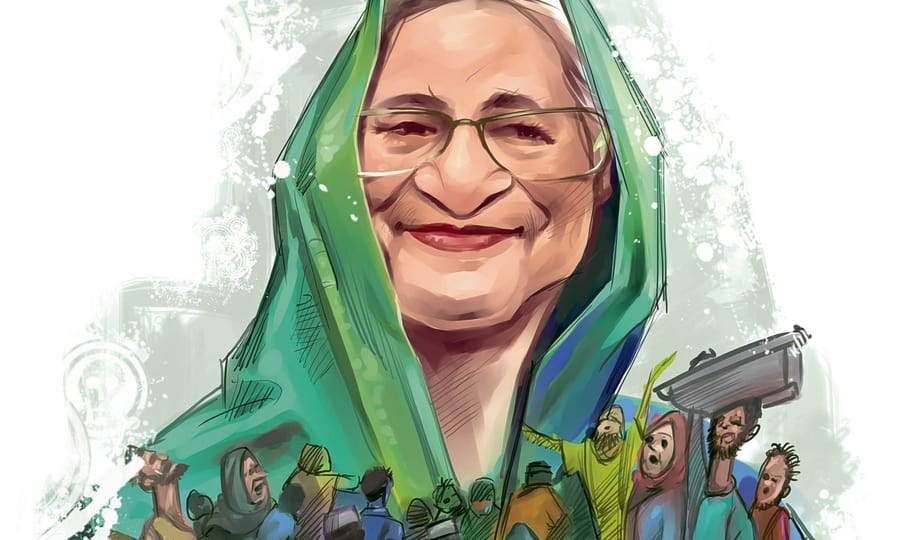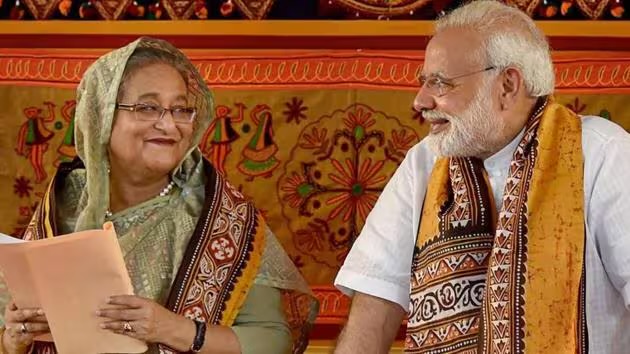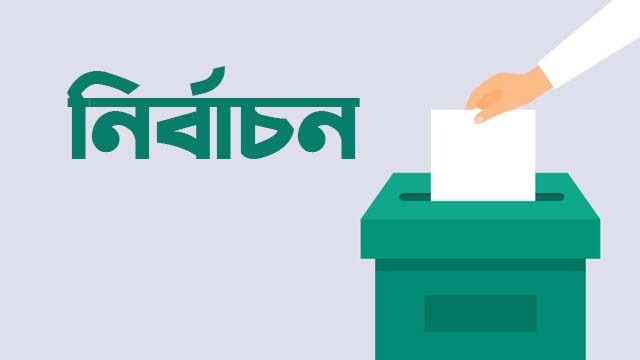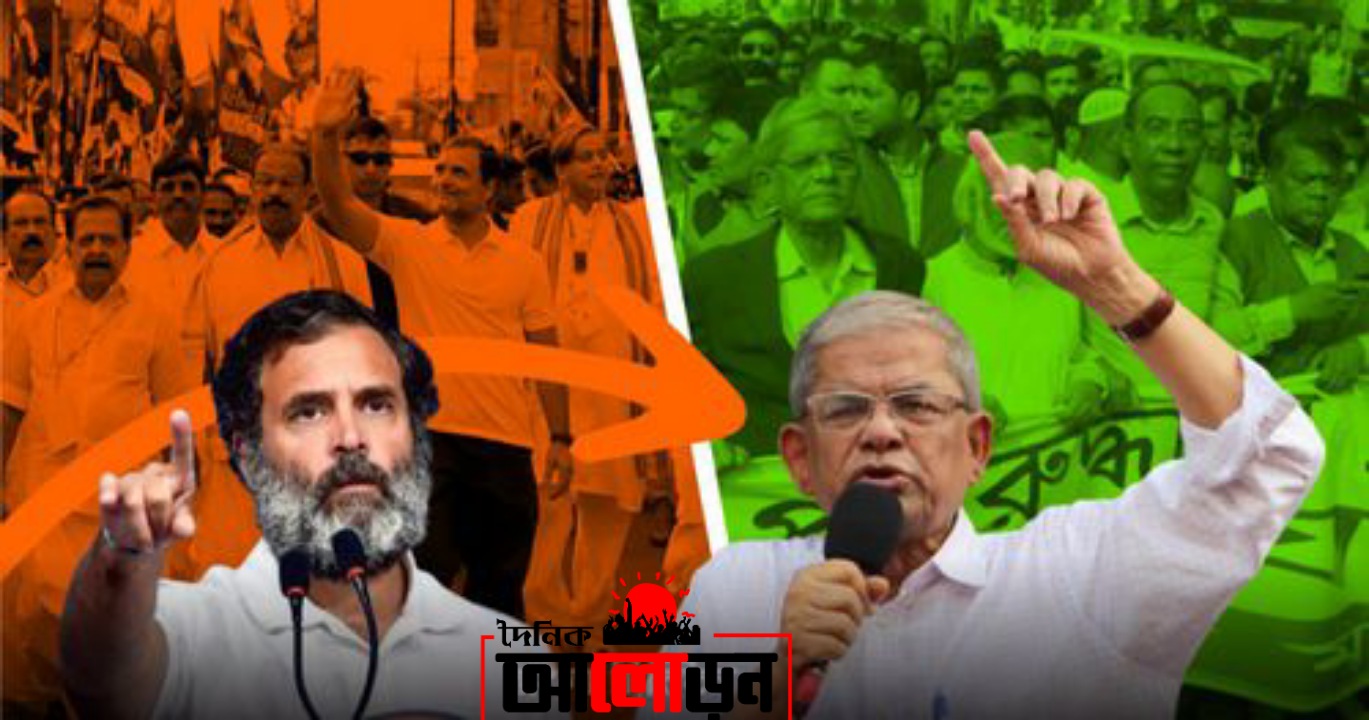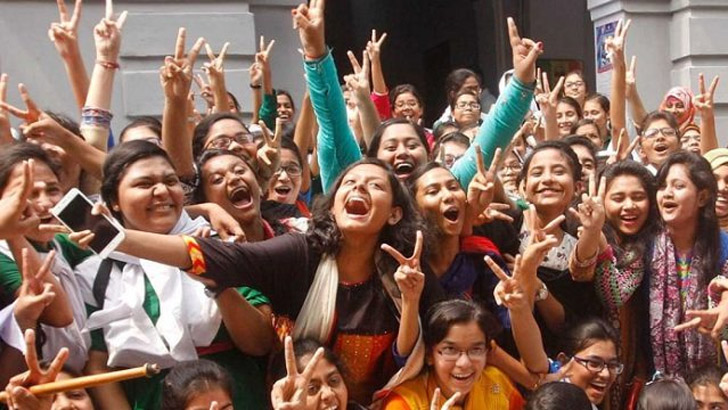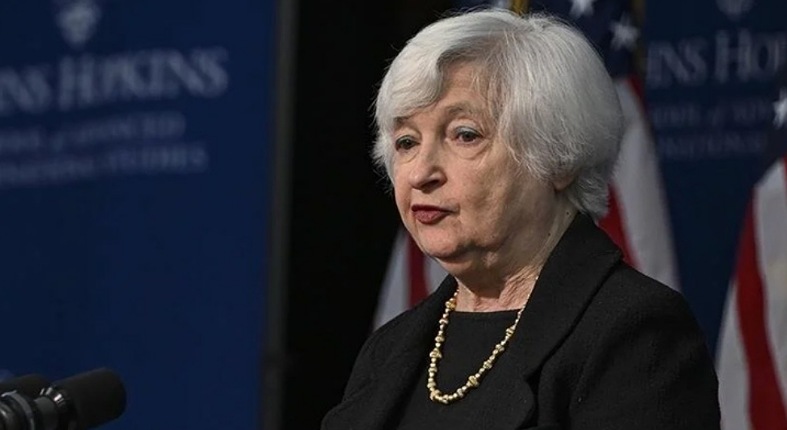The failure of the Bangladesh Awami league over the past one and a helf decades
দৈনিক আলোড়ন
Publish:
November 4, 2021
6:59 pm
Apurbo Ahmed Jewel : Over the past 15 years, the Bangladesh government has faced criticism for various reasons. The most significant criticism of the Bangladesh government is its record on human rights. There have been allegations of arbitrary arrests, detentions, and torture against political opposition, journalists, and activists. In 2020, Human Rights Watch reported that under the Digital Security Act, the government had arrested over 1,000 people, often to silence dissenting voices.
However, the government has been accused of restricting media freedom and arresting journalists for expressing their views, violating the freedom of expression and the independence of the press. Another concerning issue is corruption. Bangladesh ranks 146th out of 180 countries in the Corruption Perceptions Index, indicating a high level of corruption in politics, law enforcement, and business sectors. The government has been criticized for not taking sufficient steps to combat corruption, and many citizens believe that the government is involved in corrupt practices.
The government’s handling of the COVID-19 pandemic has also been a subject of criticism. While implementing various measures like lockdowns and mask distributions to control the virus’s spread, some people believe that the government’s response was inadequate. There are allegations of corruption in the distribution of aid during the pandemic, and there are complaints that the government has concealed information about the magnitude of the pandemic in the country.
Women’s rights have also been a matter of concern, with high rates of child marriage, especially where nearly 60% of girls get married before the age of 18. The government has been criticized for not taking sufficient steps to address this issue, and some activists claim that certain officials are involved in promoting such practices.
Despite these criticisms, the Bangladesh government has made notable progress in the country’s economic and infrastructure development in recent years. The government has achieved stable economic growth and implemented various initiatives to alleviate poverty, improve education and healthcare access, and address climate change effects.
In conclusion, while the Bangladesh government has made progress in economic development and infrastructure, criticisms regarding human rights, corruption, and women’s rights persist. It is crucial for the government to address these issues to ensure that all citizens can enjoy their fundamental rights and live in a society free from corruption and injustice.
